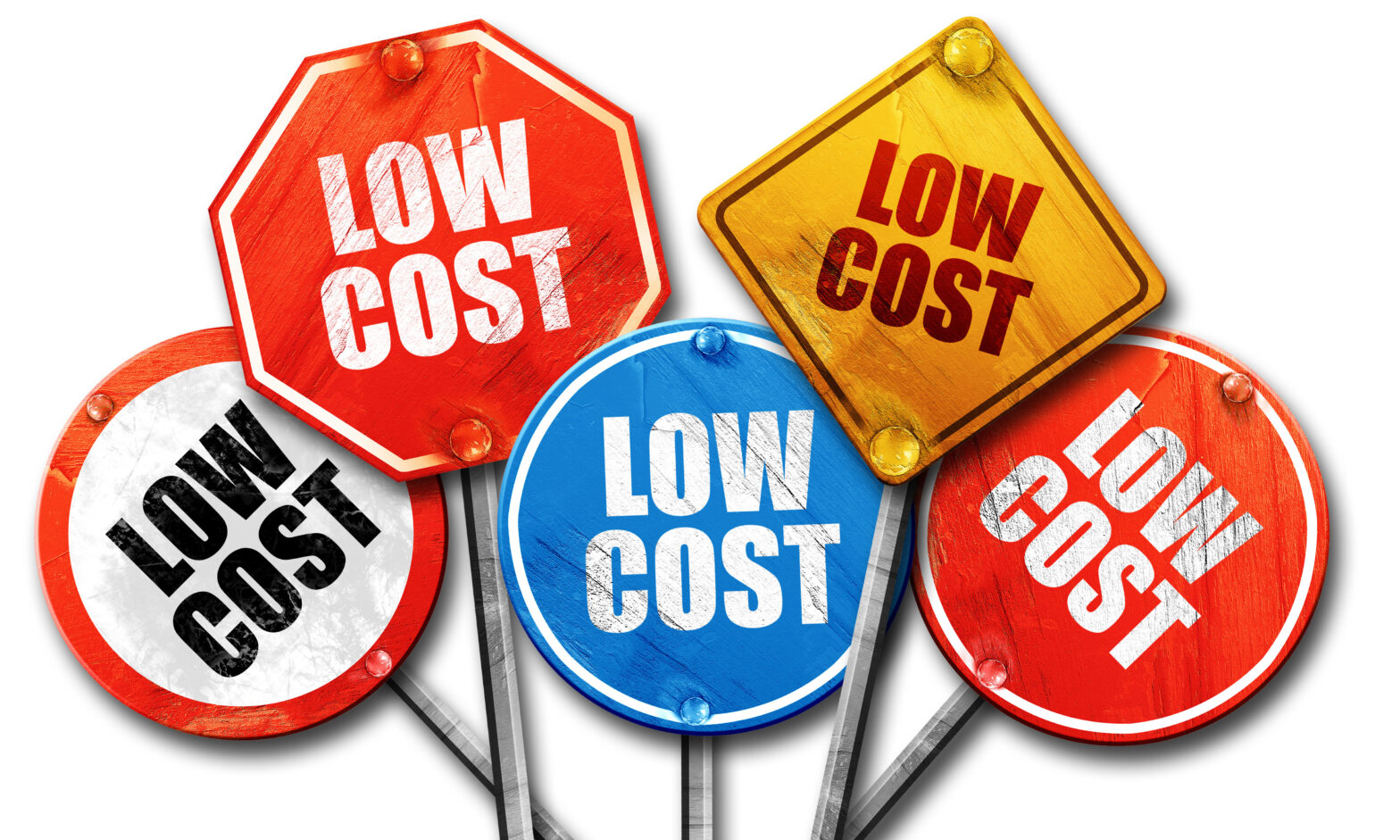Consumers – more than ever – rule in today’s digital world, with businesses striving to meet the rising demands and expectations of their customers. Just one click away is another option, bad reviews or a social media storm. Trust, differentiation and responsibility have never been so important.
In the past, perhaps, differentiation was easier to achieve. Brands basked in a relatively benign marketplace where customers were blissfully ignorant that they could – and should – shop around, compare, interrogate and expect more from them. Gradually, though, markets and sectors have become more cluttered, competition has intensified, and consumers have become infinitely better schooled in value judgements around where they place their custom. Brands are required to work harder and harder to establish some kind of unique point of variance and going the extra mile to build trust in order to stand out. The Customer is King, and knows it.
In our own vertical, travel, I’ve witnessed, contributed to and benefitted from, a seismic change to our landscape over the last two decades driven by two key forces, and seen that dynamic played out with increasing speed: The growth of the internet as an information, distribution and transacting platform, and the meteoric rise of low cost travel – especially aviation. Both have been powerful influences for democratising travel, making it accessible to millions and opening the world in many positive and unforeseen ways. These trends, which we have helped to drive, have enabled us to grow two globally recognised brands, Cheapflights and momondo, which are predicated on helping people to search for and book travel online quickly and easily. We’d literally not exist without them and I’m proud to be involved.
Recently, we’ve seen competition and those forces for democratic travel opened up a bit more. Norwegian Air has taken up the baton on cheap transatlantic airfares, in the tradition going back to Freddie Laker – continuing the aggressive expansion of its low airfares-long haul model. Air Asia has followed suit, announcing an intention to deliver $100 trans-pacific fares in the near future. Generally this is great news – increased competition, offering more choice (for the price sensitive) and forcing further disruption of legacy business models, to create innovation.
However, it is, also perhaps an appropriate time to sound a note of caution. Naturally, I’m a supporter of cheap, accessible aviation – but there is a point at which a singular focus on price begins to cost a brand dear, and where a race to the bottom risks the top caving in. It’s interesting and perhaps instructive to see how Ryanair has sought to row back from its previous reliance on a price differential in recent years, and has put customer service at the core of its messaging. It saw that, for sustainable growth, it needed to be defined by more than its low prices – its passengers needed to trust it. Price and trust are not, however, easy bedfellows.
As it happens, I’m a big fan of Norwegian Airlines and have been impressed by just how cheap the flights I have taken with them around Europe can be, with a generally good inflight and customer service experience. Will that translate to transatlantic journeys? I can’t say that I’m over keen to find out, having come from an era where we took legroom and onboard creature comforts for granted, and felt assured that the airline saw passengers as more than just margins to be squeezed.
Price will always be a critical differentiator in a competitive market – especially one like aviation where rivalry is fierce, regulation tight and passenger expectations high. But, as in all things, there is a tipping point where it’s prudent to step back and ask – in this race to the bottom, is ultra-commoditisation adding or removing value in other ways? It might seem odd for the CEO of a brand like Cheapflights to be questioning the proliferation and impact of cheap flights, but consumers want to feel that businesses know and care about them – and factor that in to how they interact with those customers; individually, collectively and in the little details. I have learnt that experience matters: experience is what people remember, and it is experience that ultimately brings them back for more.
So I think it is also worth saying that we should consider some balance. Crossing the Atlantic or Pacific for the cost of a pair of jeans is the logical conclusion of a model that requires you to bring your own food onboard because the airline has stopped serving any, carry your own entertainment rather than using an inflight screen or pay for overhead baggage space – and these can all be positioned as empowering consumer choice and opening the world by making travel more accessible. But what is the long term price when the experience of travel itself can now sometimes be so dispiriting, and the experience of being onboard so memorable for the wrong reasons?
At a time when consumer spending is slowing down, this takes on even more significance as brands need to do more, not less, to part people with their cash and keep them coming back for more. And when it comes to product and design, whether it is a website, app or an airline cabin, I believe form drives function – creating products users love is a mantra by which Cheapflights and momondo live: giving appeal and access shouldn’t also mean a compromise on quality and creativity.
It’s essential that both in the travel industry and beyond, we see that if businesses race to the bottom, then it is we, the consumers, who suffer. The impact of low-cost travel over the past two decades has been immense, and in many ways incredibly positive. But I think the jury is out on what that is costing us in terms of devaluing the sheer unprecedented privilege and experience of travelling itself.
Hugo Burge is the CEO of Momondo Group.







